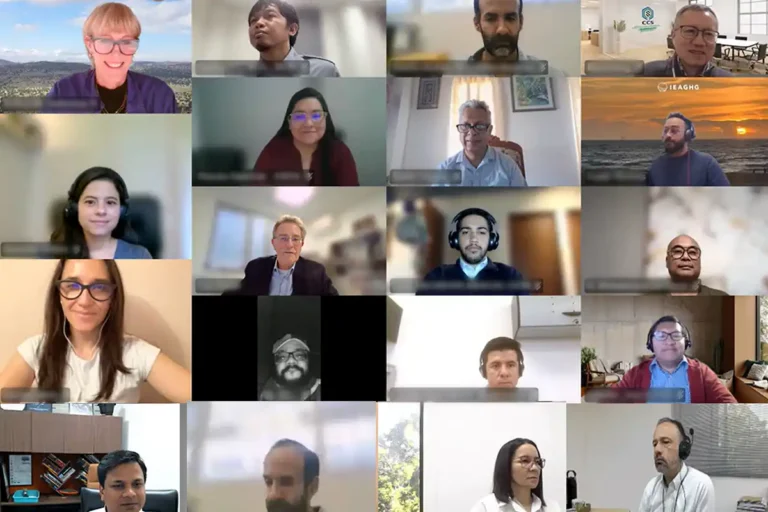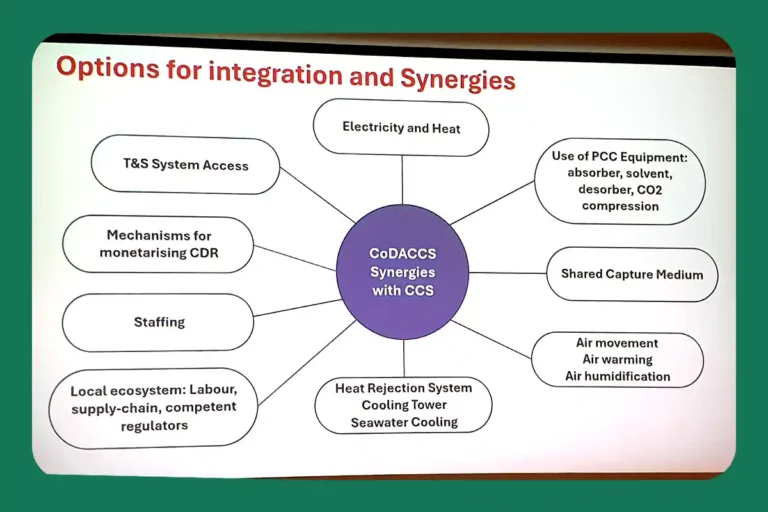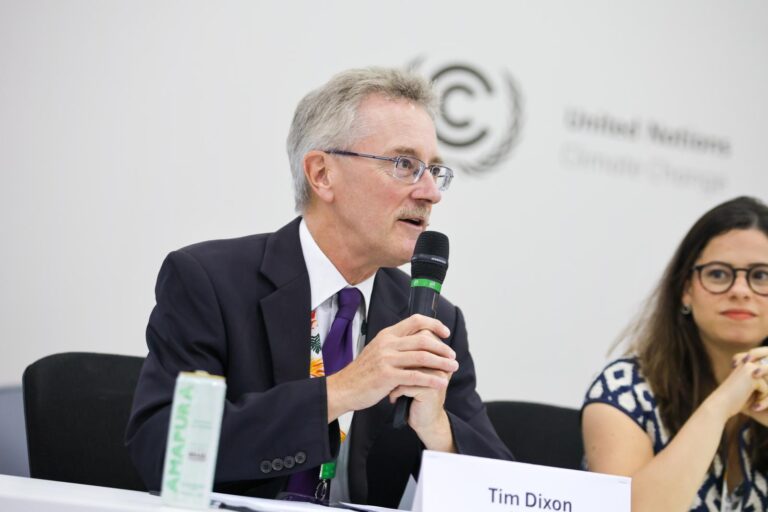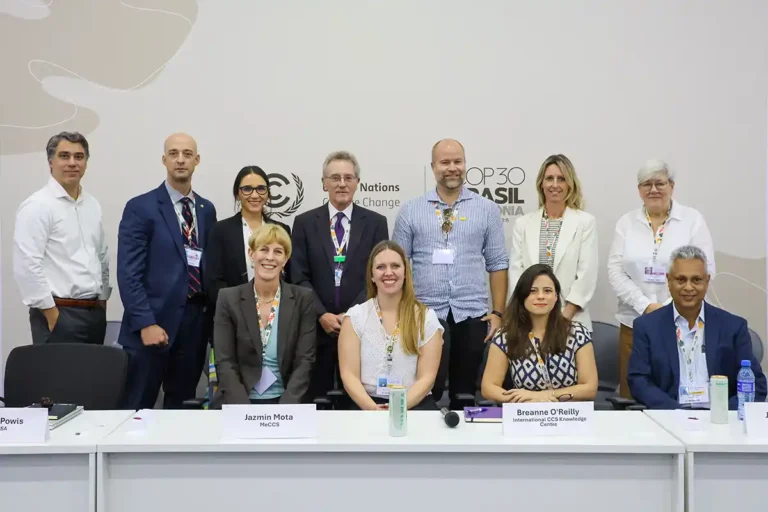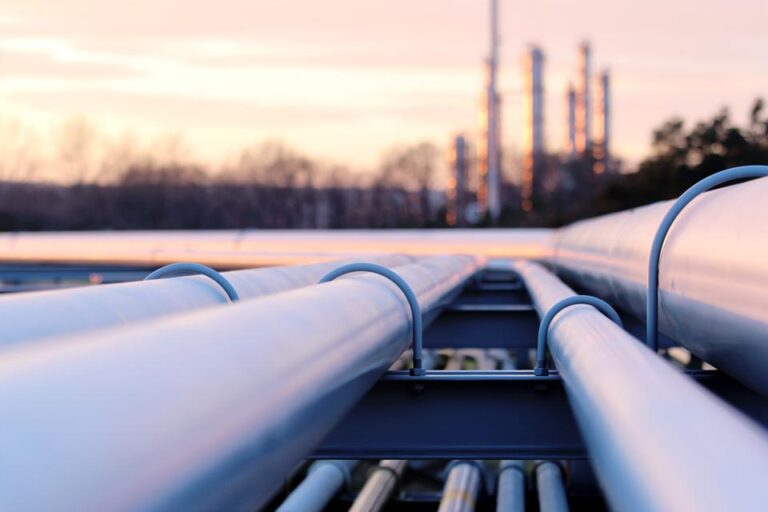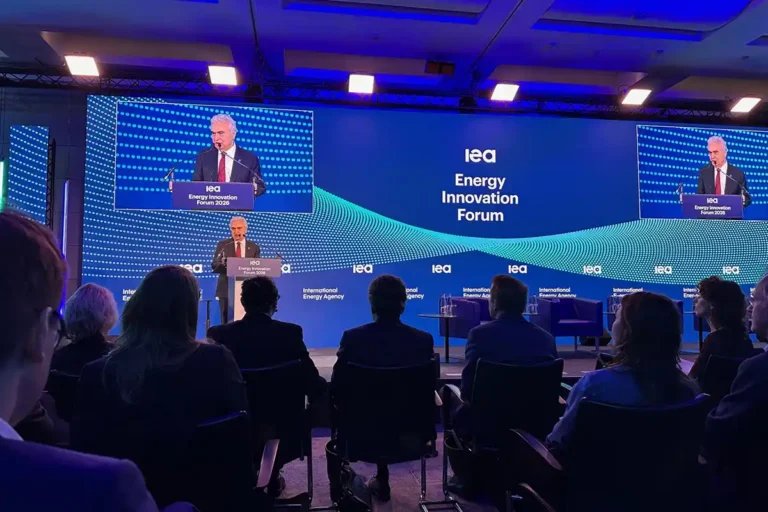
RIP the ICE, “a big plus for transport emissions”
26 July 2017

With the UK the latest country to signal its intent to phase out petrol and diesel cars, it seems we can see the end of the much-loved internal combustion engine (ICE). First invented back in the early 1800’s the ICE has certainly made its mark on society and we remain hooked on our cars. I am not sure myself that an electric car appeals to me more than my 3.0 litre jaguar as a vehicle I want to drive.
However, the reality is petrol and diesel cars are contributors to air pollution that globally leads to millions of premature deaths a year. In addition, cars are the most significant factor to the growth in transport emissions that globally have doubled since 1970 and now represent 24% of all GHG emissions. The introduction of electric vehicles could curtail further increases in road transport sector emissions and then significantly cut emissions from the road transport sector, potentially by as much as 5-6 GT/CO2 per year.
It has to be understood that he electricity supplied for electric vehicles must come from low carbon or carbon neutral sources (renewables, nuclear and CCS). Building new unabated fossil fuel plants to meet the growth in electricity demand resulting from electric vehicle deployment will merely transfer emissions from the transport to the power sector and will not allow the Paris target of below 2C to be achieved.
Other articles you might be interested in
Get the latest CCS news and insights
Get essential news and updates from the CCS sector and the IEAGHG by email.
Can’t find what you are looking for?
Whatever you would like to know, our dedicated team of experts is here to help you. Just drop us an email and we will get back to you as soon as we can.
Contact Us NowOther articles you might be interested in
Get the latest CCS news and insights
Get essential news and updates from the CCS sector and the IEAGHG by email.
Can't find what you are looking for?
Whatever you would like to know, our dedicated team of experts is here to help you. Just drop us an email and we will get back to you as soon as we can.
Contact Us Now

